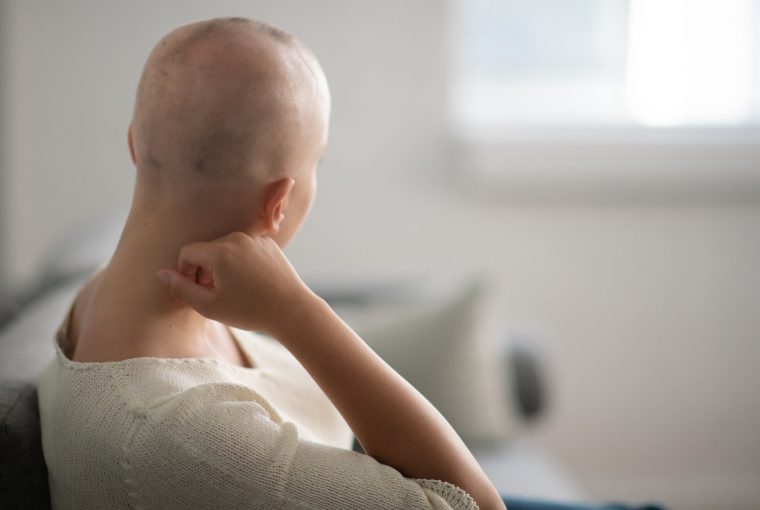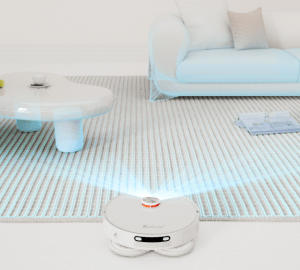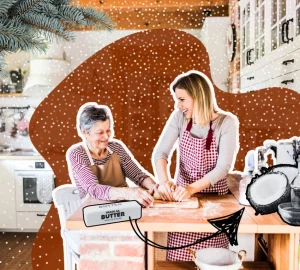Information from a new UK study has shown that delaying the second vaccine dose of COVID-19 vaccine greatly reduces the effectiveness of protection from COVID-19. The Canadian Association of Pharmacy in Oncology (CAPhO) is concerned about the emerging data and calls upon the National Advisory Committee on Immunization (NACI) to adjust COVID-19 vaccination schedules protect the wellbeing of Canadians with cancer.
“The study shows that three weeks after one dose of the vaccine an immune response was found in 39% of people with a solid cancer and just 13% of people with blood cancer. An antibody response was found in 97% of the healthy volunteers tested,” says Tina Crosbie, President of CAPhO. “This demonstrates the urgent need for the NACI to factor in people with solid cancer and blood cancer earlier into phase 2 rollout of the vaccination strategy. Further, this study identifies that delaying the second dose for these vulnerable individuals puts them at a greater risk for suboptimal protection.”
The study analyzed the immunity response to vaccination in patients with cancer by measuring blood antibody levels, neutralization of SARS-CoV-2 Wuhan strain and of a variant of concern (VOC) (B.1.1.7) and T-cell responses to determine the level of immune response generated against the coronavirus. When the second dose was given three weeks after the first, immune response at the five-week mark was seen in 95% of people with solid cancers. For those patients with solid cancers who didn’t receive the booster at the three-week mark, only 43% of people kept an immune response at the five week mark. For patients with blood cancer who only received the one dose of Pfizer-BioNTech vaccine, only 8% of people with blood cancer still showed an immune response at the five-week mark. Earlier observations from the SOAP trial showed that people with certain types of blood cancer varied in how well they were able to respond to the virus.[i]
President Tina Crosbie says that CAPhO is concerned about the emerging data from the SOAP-02 vaccine trial in the United Kingdom. Just as the trial investigators are calling on the UK to reconsider the 12-week delay of the second dose in patients with cancer, CAPhO calls on the National Advisory Committee on Immunization (NACI) to adjust its universal plan of delaying the second vaccine dose for all populations.[ii] NACI must recognize that patients with cancer will require to receive their second dose on schedule; no more than three weeks from the first vaccine dose in order to maximize protection from COVID-19.
Philip Shaheen, Past-President of CAPhO, made the following statement regarding the study’s findings: “We applaud the efforts of the federal and provincial governments for their efforts to vaccinate Canadians as efficiently as possible, but oncology pharmacists are concerned that Canadians with cancer could be at risk if we delay second doses of the vaccine. We want to ensure the safety and well-being of vulnerable Canadians.”
CAPhO has found some patients with blood cancer are seeking to schedule both doses of their vaccine before starting chemoimmunotherapy. Treatments including immunotherapy such as rituximab have been shown to reduce the effectiveness of vaccines.[iii] The American Society of Hematology (ASH) recommends that when possible, patients with blood cancer should vaccinate prior to initiation of immunosuppressive therapy.[iv] Elderly patients who are now eligible for vaccines in provinces and territories need their vaccine doses to be given on schedule as per the vaccine product monograph to allow their immune system to produce antibodies before the upcoming chemoimmunotherapy blunts that production. CAPhO looks forward to further engaging with NACI and public health officials on how to best protect the health of Canada’s vulnerable patients while undertaking the ongoing vaccine rollout in Canada.




